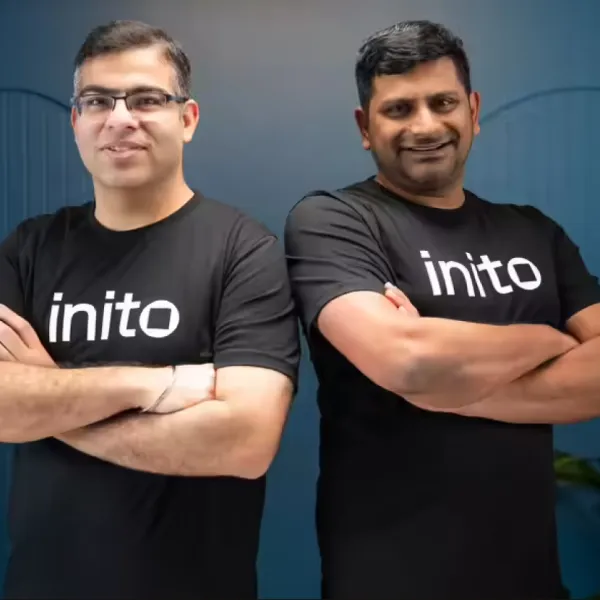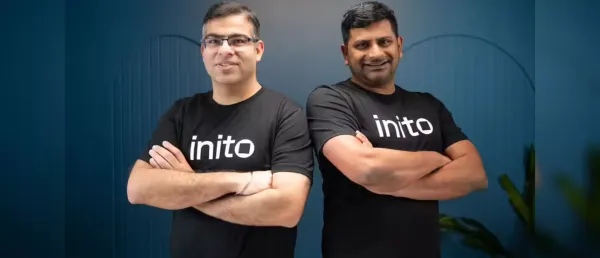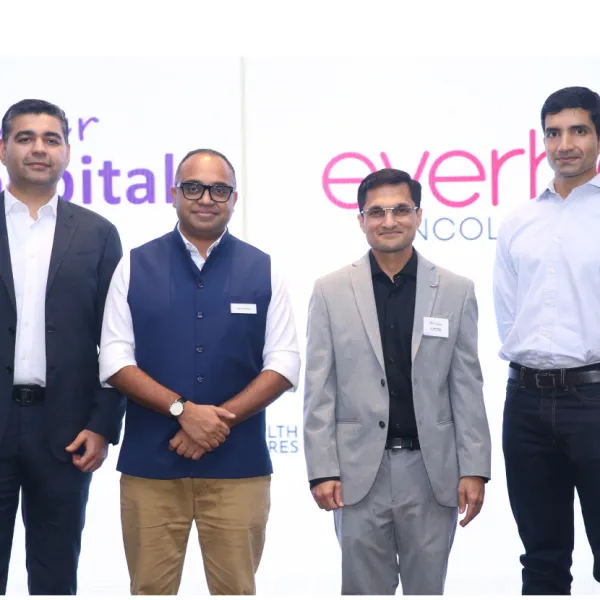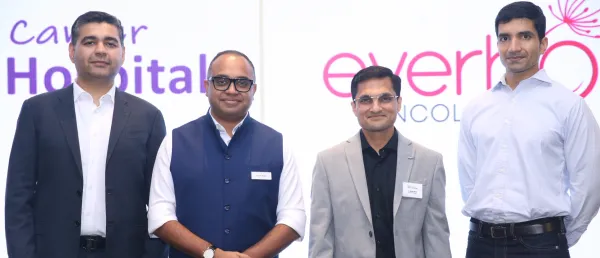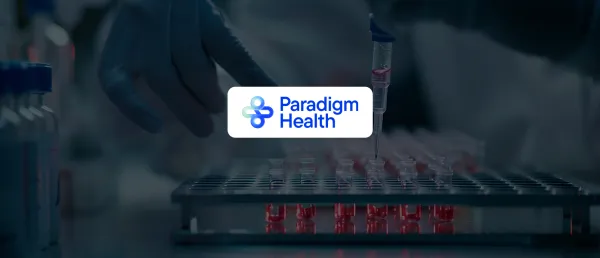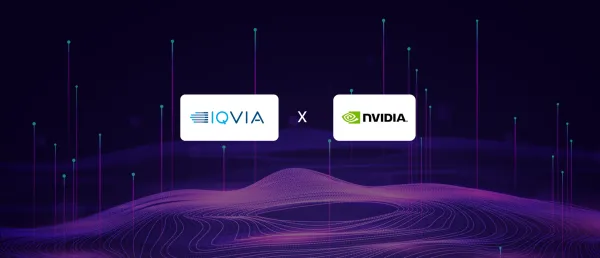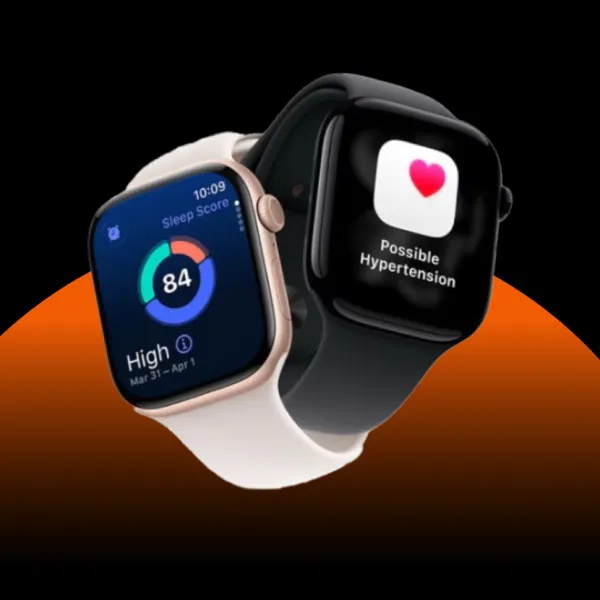Indian Healthcare Sector Hit by 6,935 Cyberattacks Weekly in Last 6 Months

On average, Indian organizations have faced 2,924 attacks per week over the past six months, compared to the global average of 1,401 attacks per organization.
The Indian healthcare sector has emerged as a prime target for cybercriminals, with an alarming average of 6,935 cyberattacks per week over the past six months, according to a report by cybersecurity firm Check Point Software Technologies.
This stark contrast to the global average of 1,821 attacks per organization underscores the severity of the issue.
Per the report, the increased attack surface was brought about by the swift integration of technologies such as electronic health records (EHRs), telemedicine, and Internet of Things (IoT) devices.
Sundar Balasubramanian, MD, India and SAARC at Check Point Software Technologies, said, "The simplicity of spoofing email addresses and the capability to deliver weaponized content make email a powerful tool for spreading malware, stealing credentials, and executing social engineering attacks."
Balasubramanian further advised users to avoid opening unverified email attachments, use strong passwords, enable multi-factor authentication, and exercise caution with unsolicited or suspicious emails.
Other Targeted Sectors
Following healthcare, other heavily targeted industries in India include education/research institutions (6,244 attacks), consulting firms (3,989 attacks), and government/military organizations (3,618 attacks).
On average, Indian organizations have faced 2,924 attacks per week over the past six months, compared to the global average of 1,401 attacks per organization.
The report also identified 'FakeUpdates' as the most prevalent malware in India, with other significant threats including 'botnets' and a Remote Access Trojan (RAT) named 'Remcos'.
The Check Point report further noted that Information disclosure was the most frequently exploited vulnerability, affecting 72% of organizations, followed by remote code execution impacting 62%, and authentication bypass affecting 52%.
In the past 30 days, 63% of malicious files in India have been delivered via email, while 37% have come through the web.
Notably, 58% of top malicious files delivered via email were executable files, and 59% of malicious files delivered via the web were PDF files, the report revealed.
Highlighting the importance of proactive defense measures, Balasubramanian said, "Preventive measures, such as regular software updates, employee training, and the deployment of advanced security solutions, are essential to mitigate the growing threat landscape."
Founded in 1993, by Gil Shwed, Marius Nacht, and Shlomo Kramer. Check Point Software Technologies is a cybersecurity company.It provides the Check Point Infinity Platform, which includes Check Point harmony that secures the workforce, CloudGuard, and Quantum for ensuring network security.
At the recent DHN Forum Mumbai, several industry leaders highlighted the escalating cybersecurity threats plaguing the sector.
According to Dr Sawant, VP-IT, Sahyadri Hospitals, a structured approach to risk management, outlines three critical pillars: people, processes, and technology.
While Vijay Pawar of Dell Technologies discussed the evolution from traditional cybersecurity to cyber resiliency. He argued that the focus should not only be on preventing attacks but also on ensuring recovery capabilities in the event of a breach.
Stay tuned for more such updates on Digital Health News







